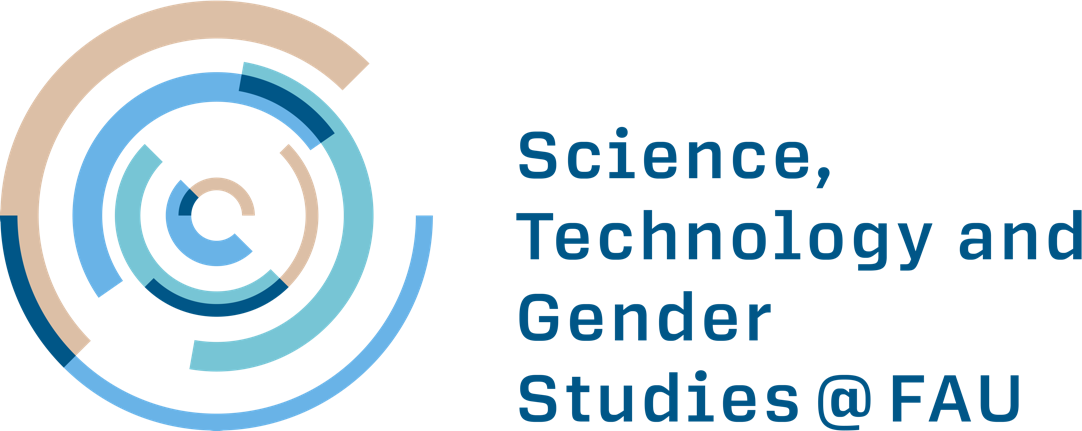DAAD awards us a grant! Science Communication and the Dissemination of Knowledge during the Cold War
How did the communication of the new great scientific developments function as another battlefield during the Cold War and how did the Cold War climate itself function as a fertile ground for the dissemination and transfer of knowledge from scientific laboratories to the general public?
This project focuses on Greece during the Cold War and explores the communication of science within the politically turbulent post-war political context. The years that followed after the Second World War were a period during which science, and especially nuclear physics and space exploration, became the hot battlefields between the Cold War superpowers and their allies. In contrast to the horrors of war, the expected new technologies that emerged from the above scientific developments promised a better and more peaceful life not only for the superpowers like the USA and the Soviet Union but for the whole world. By choosing to “decentralize” Cold War History of Science, we will focus on the case of Greece in the post-war years. The Greek civil war – the beginning of which coincided with the end of World War II – turned Greece from a regional actor into a point of global interest. Although the Cold War period in Greece has occupied many historians, the focus is on the diplomatic and political aspects of the Cold War, while it has rarely been studied through the prism of history and communication of science. On the other hand, within the field of the History of Greek Science, the development of science during the Cold War has been little explored. Through the study of the actors and the ways in which the new scientific developments were communicated to the general public, we will attempt to reconstruct both scientific and political aspects of Greek postwar history. Our program sets three main objectives:
- to examine what were the main scientific fields whose developments were communicated in post-war Greece,
- to explore key actors: scientific/research institutions, diplomatic institutions, royal actors, international organizations,
- to examine the ways in which science communication and the dissemination of knowledge were attempted during the Cold War.
| Friedrich-Alexander Universität Erlangen-Nürnberg (FAU)
|
Hellenic Open University
|
| Maria Rentetzi, Professor
|
Georgios Vlahakis, Associate Professor
|
| Loukas Freris, PhD candidate
|
Iraklis Vogiatzis, PhD candidate
|
| Ekaterina Rybkina, Postdoctoral researcher
|
Konstantinos Konstantopoulos, PhD
candidate
|

